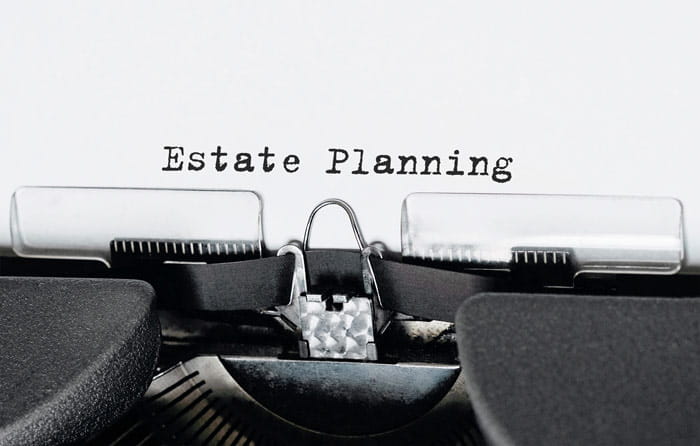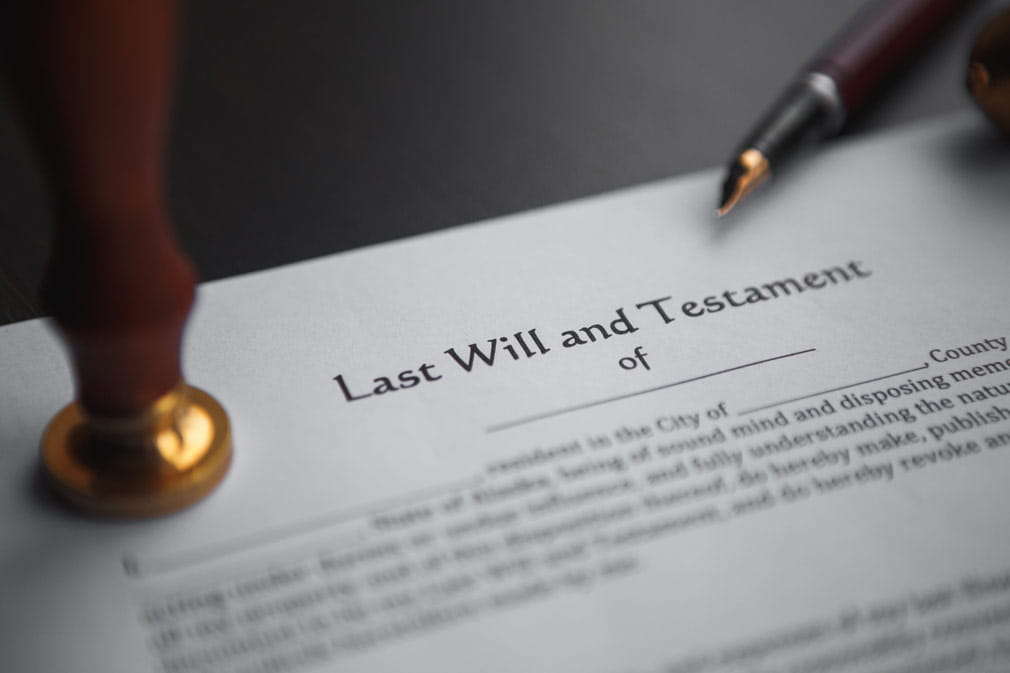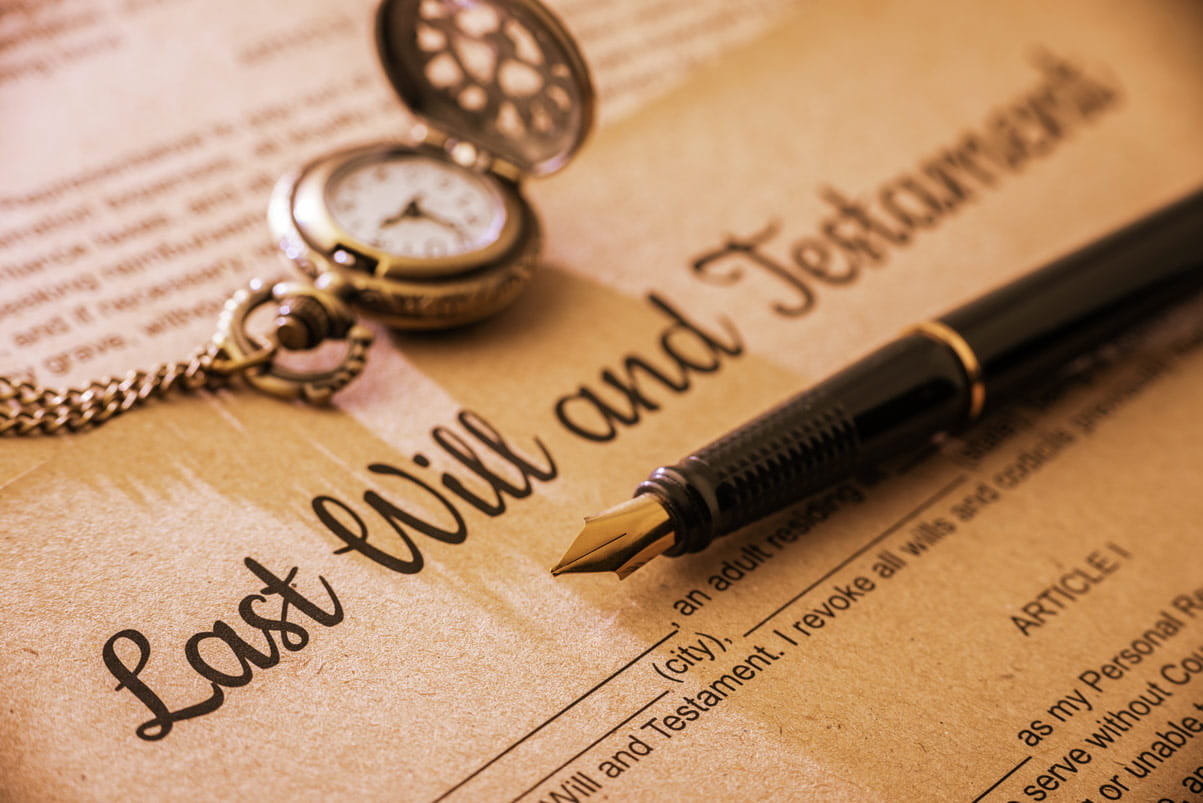
Deed of variation guide
Learn how to make changes to a deceased person’s Will with a deed of variation.

Learn how to make changes to a deceased person’s Will with a deed of variation.
When someone dies and leaves a Will, it explains how they want their money, property and belongings to be shared.
However, sometimes, after the person has passed away, their loved ones might want to change their Will. Even though the person who made the Will had good intentions, the beneficiaries might feel that some things should go to other family members or friends.
If you want to change how a loved one’s estate is divided, you can use a document called a deed of variation.
A deed of variation, also known as a deed of family arrangement, is a legal document that allows beneficiaries to alter their entitlements under a Will. It also allows changes even if there isn’t a valid Will under the rules of intestacy.
Anyone who receives a gift in a Will can use it to give their inheritance to someone else, even if that person isn’t mentioned in the Will.
When creating a deed of variation, all changes must be agreed upon and signed by every beneficiary whose inheritance is impacted by the change, whether there’s a Will or not. If the changes are for inheritance tax or capital gains tax purposes, the deed of variation must be completed within two years of death. Executors should be party to the deed, especially if it will alter the tax position of the estate.
There are several reasons why you may want to make changes to a Will after death, including:
If you want to mitigate inheritance tax (IHT) charges, you might consider changing someone’s Will.
IHT is charged if someone's estate is worth more than the available 'nil rate band' when they die. This usually starts at £325,000. However, it could go up to £1,000,000 if they had a spouse or registered civil partner who died leaving everything to them and they are now leaving a property to their direct descendants. The amount up to the nil rate band is tax-free, but anything above that is usually taxed at 40%.
Changing a Will so that it skips a generation can help reduce future IHT burdens, while leaving money to charity in a Will can also lower the amount.
It’s a good idea to seek professional advice and a legal review when you create a deed of variation. By doing this, professionals can guide you through the process, ensuring you avoid unintended legal and tax consequences.
There’s no fixed cost for a deed of variation – the price varies on a case-by-case basis. Here are some factors that can affect the price:
Preparing a deed of variation can take somewhere between two and four weeks as long as all parties agree. However, the timeframe can be extended if:
In these circumstances, a court application will likely be necessary, as they can’t legally sign a deed of variation.
Whether you have questions about a deed of variation or just want to find out more about estate planning, the expert team behind Saga Legal are on hand to help.
Mon - Thu 9:00am - 7:15pm
Fri - 9:00am - 6.15pm
Sat - Closed
Sun - Closed
Excluding bank holidays
Saga is a registered trading name of Saga Personal Finance Limited, which is registered in England and Wales (company number 3023493). Registered office 3 Pancras Square, London, N1C 4AG. Saga is not authorised or regulated by the Solicitors Regulation Authority (SRA). All legal services are provided by Co-op Legal Services. Co-op Legal Services is a trading name of Co-operative Legal Services Limited which is authorised and regulated by the SRA, under registration number 567391.



Learn everything you need to know about the different types of Will bequests in our complete guide.
.jpg?la=en&h=550&w=1440&hash=D75E80A351D1CBC72428B436C3C3EE4F)

Talk to an expert about your current needs and future wishes. Find out what legal plans you might want to make.



We partner with Co-op Legal Services to offer advice and services for you and your family.


We partner with Co-op Legal Services to offer advice and services for you and your family.